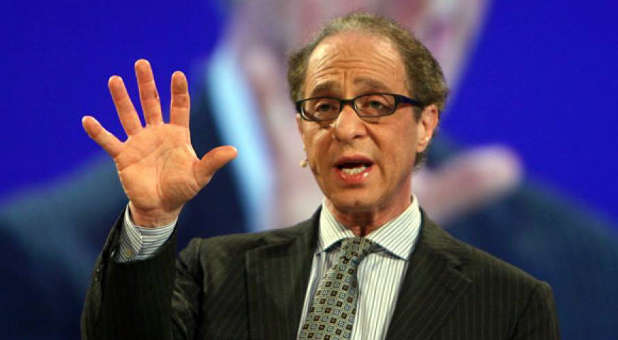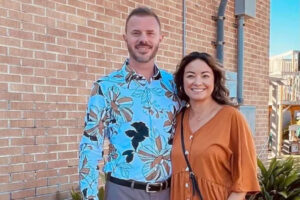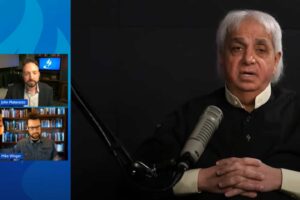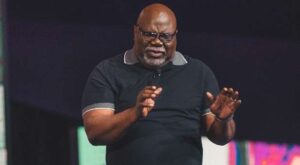While cybernetically augmented humans is a staple of many a sci-fi thriller, one tech guru thinks we’re just over a decade from seeing it happen in real life.
Ray Kurzweil, Google’s director of engineering, told attendees of last week’s Exponential Finance conference in New York that humans will be hybrid creatures, capable of linking their brains to the digital cloud, by 2030.
“Our thinking then will be a hybrid of biological and non-biological thinking,” Kurzweil predicted, adding that this will be enabled by nanobots in our bodies that will sync with the cloud.
Furthermore, within a decade or so of this technological breakthrough first becoming commonplace, he believes that our thinking will grow to be predominantly non-biological, as the cloud will become more complex as time goes on.
Kurzweil has made major technological predictions for years, and he has a stunningly good record for accuracy.
“We’re going to gradually merge and enhance ourselves,” he said. “In my view, that’s the nature of being human—we transcend our limitations.”
But where is the line between improving oneself and changing the very nature of humanity? Even mainstream science fiction books and films nearly unanimously showcase the inherent risks of tampering with our consciousness, especially when it comes to trusting artificial intelligence with something as important as our very brains.
Echoing the sentiment proffered by many noble-minded yet fatally misguided visionaries in those sci-fi tales, Kurzweil stated that, despite the inherent risks and potential dangers—to say nothing of the spiritual or ethical problems—humanity has a moral imperative to press ahead with whatever technologies we can devise, while striving to control any negative consequences.
“As I wrote starting 20 years ago, technology is a double-edged sword,” he said. “Fire kept us warm and cooked our food but also burnt down our houses. Every technology has had its promise and peril.”
But the question remains: If the perils outweigh the promise, like many opponents of this prospective technology will claim, does the scientific community still have that imperative to develop and implement it? Or, as real-life scientists like Robert Oppenheimer have later felt, are some technological stones best left unturned?
See an error in this article?
To contact us or to submit an article















